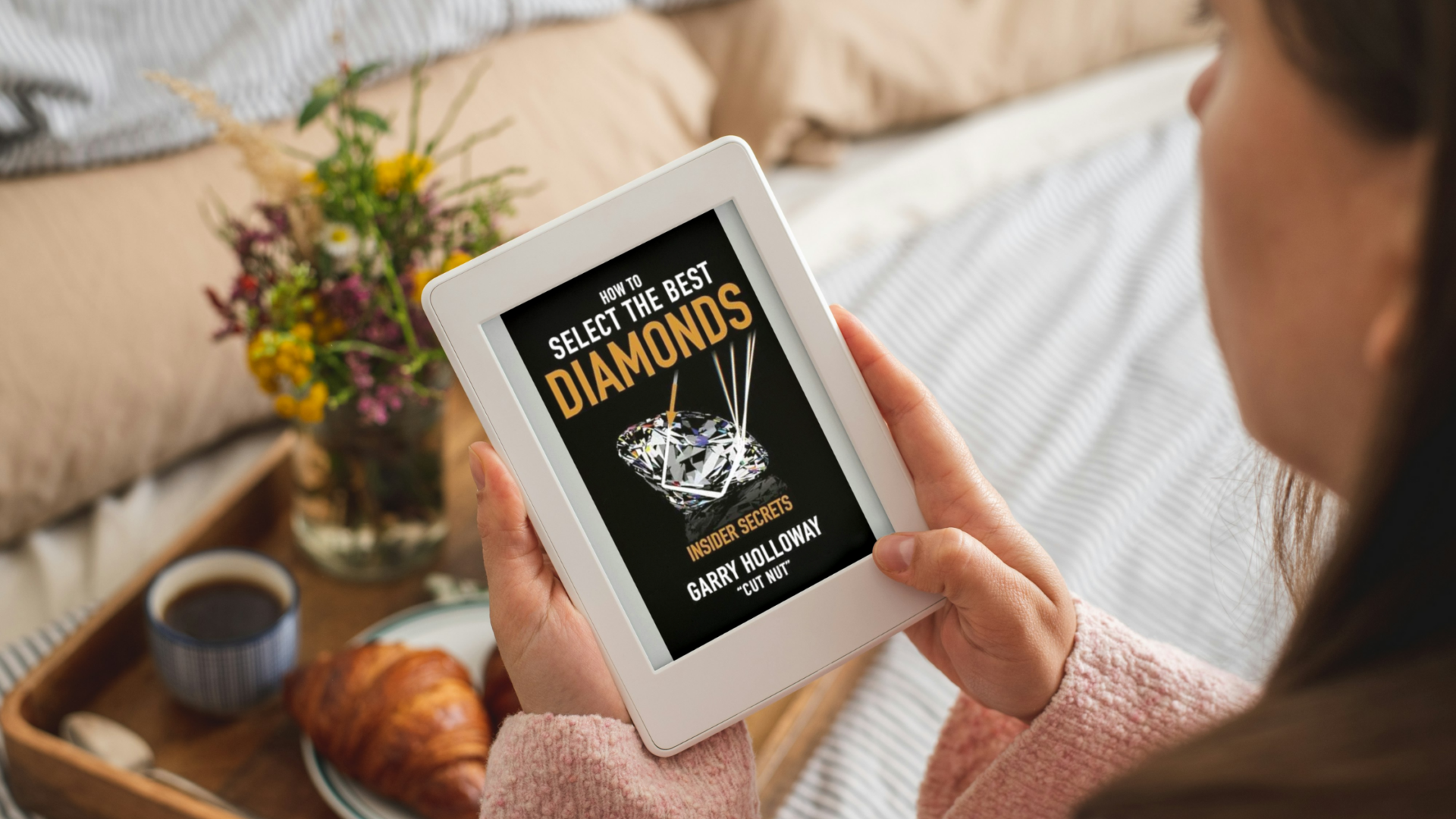bigfish007
Rough_Rock
- Joined
- Jul 16, 2011
- Messages
- 2
I will be purchasing a diamond from Abazias likely in the next week or two. Looking at 2ct, G, VVS1, Excellent. Heeding the advice from the wise, I wanted to schedule for the diamond to be independently appraised by a local gemologist. I have never got a diamond appraised before but I was surprised when the appraiser told me that he needed to see the GIA certificate during the appraisal. Is this common? I thought the idea is to get it appraised independently (without the appraiser seeing the lab grading ahead of time) then compare the appraised results with the certificate. Would seeing the certificate ahead of time cause the appraiser to be biased? Wouldn't he tend to agree with the certificate?




300x240.png)